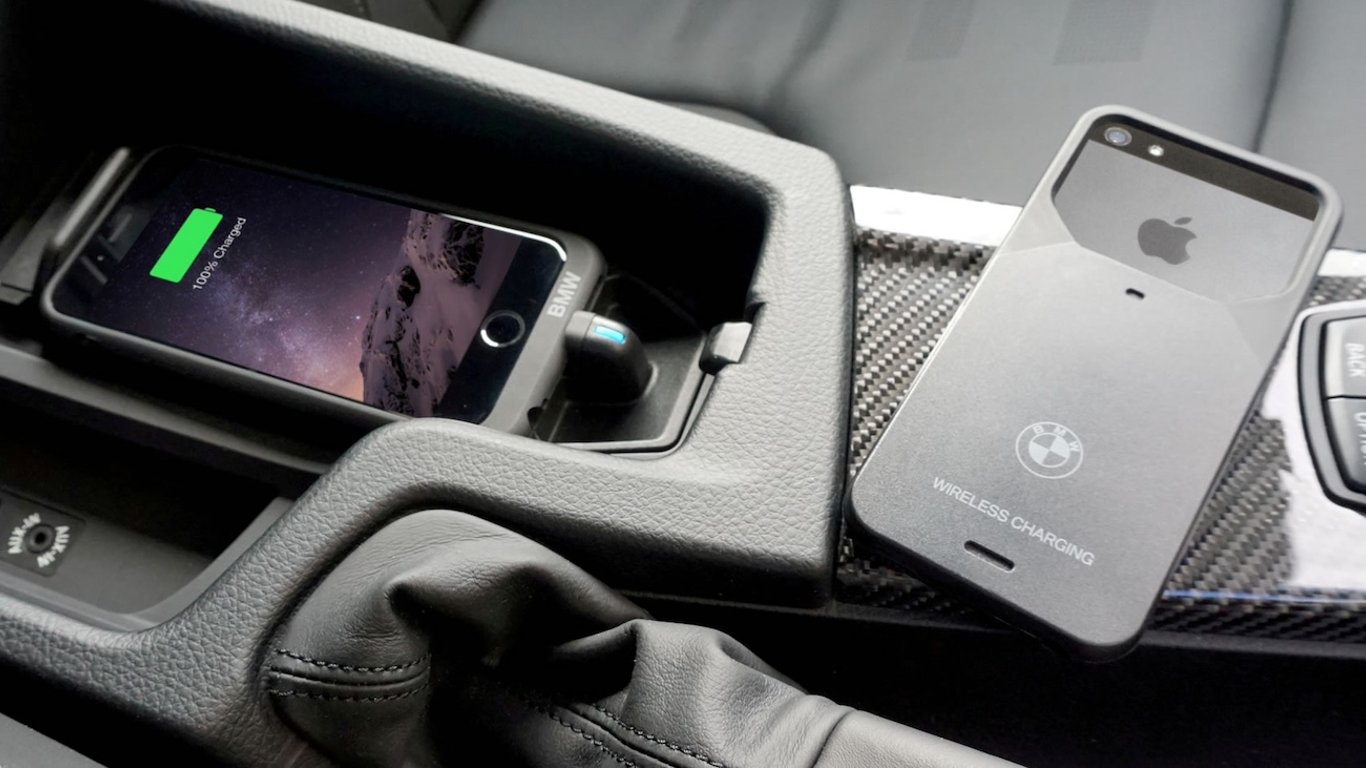They threaten your money — which SMS should be deleted immediately.


Every day we receive dozens of messages, but not all of them are safe. Some can lead to loss of money or access to personal data, experts warn.
This is reported by TSN.
Messages with logins and passwords
Cybercriminals are increasingly using random data from smartphones to hack accounts or gain access to finances. A regular message can become the key to your passwords or bank accounts.
Personal correspondence and photos
Some services send login data via SMS after registration. This is convenient but extremely risky: if attackers gain access to your email or messages, they can log into your account. A password manager can help safely store data, after which the SMS should be deleted.
SMS with suspicious links
Private messages or photos can turn into a means of blackmail if a smartphone is lost or falls into the wrong hands. It's better to delete personal content or transfer it to encrypted storage.
Links to log into accounts
Phishing messages often disguise themselves as banking or official notifications. Do not open them — delete immediately and do not click on the links.
Bank messages with account balance
Unlike one-Time codes, information about the balance and the last digits of the card can help fraudsters if the phone is lost. Such messages should be deleted immediately after viewing.
It is noted that spyware can hide in a smartphone's system for years, disguising itself as ordinary applications. However, cyber experts have identified five characteristic signs that can help recognize unwanted surveillance and take timely action.
We also wrote that a new scam scheme has emerged in Ukraine: attackers disguise fake Telegram bots as official banking services. Users are asked to enter card details — after which the funds disappear instantly.
Messages and SMS can pose serious threats to the safety of data and the finances of smartphone users. Cybercriminals actively use various triggering data to gain access to personal information or funds. Experts' recommendations emphasize the importance of protecting personal data, avoiding suspicious links, and strengthening cybersecurity when using smartphones.Read also
- Problematic German Crossovers That Often Break Down
- How Dangerous is Charging a Phone in a Car
- Used Japanese Crossovers You Shouldn't Buy
- How to Test Your Hearing with AirPods Pro 2
- How often should you really change the brake fluid in your car
- New Energy Carrier - Scientists Invent Unique Liquid








